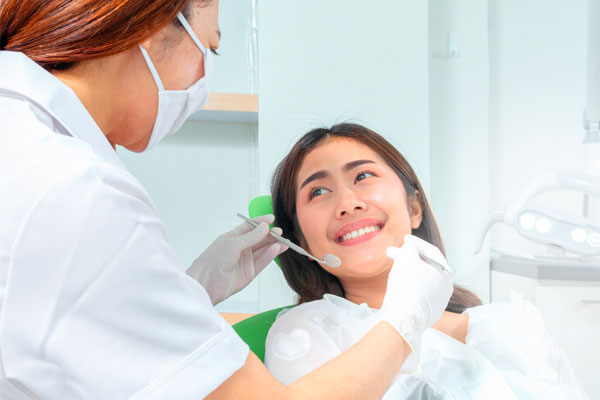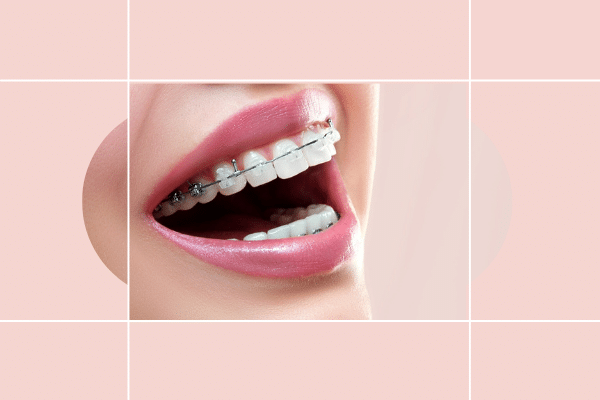Planning for a beautiful smile and all ready to embark on your braces journey? Before you decide who to trust with your smile, here are some questions you may want to ask your potential Orthodontist before getting braces.
1. Experience of Your Orthodontic Care Specialist
Do not be afraid to ask your Orthodontist for his or her educational and training background before getting your teeth straightening treatment. In Singapore, Orthodontists must undergo an additional three years of basic speciality training on top of their four years of an undergraduate programme in Dental School.
Therefore, all orthodontists would need to be in orthodontic practice for at least five years before sitting for their Dental Specialist Accreditation Board Examinations. Most orthodontists are specialised dentists who are restricted in their practice, meaning they only see patients with orthodontic problems.
2. What Are My Braces Treatment Options?
There are various types of braces available, ranging from being removable or fixed onto your teeth. Removable braces are inserted or removed voluntarily by the patient. These include removable plates made of acrylic and stainless steel wires or removable aligners such as Invisalign.
Fixed braces are braces bonded to the teeth during the active treatment period, and they cannot be removed voluntarily by the patients themselves. These typically consist of either metal or ceramic brackets and orthodontic wires.
Everyone is different and has a unique dentition and bite. Hence, different conditions are treated with different appliances. Your Orthodontist will be able to provide an accurate and detailed treatment plan for you and advise you on what is best suited for your condition.
3. Are Dental Extractions Needed Before Getting Braces?
Some patients may need dental extractions to facilitate braces treatment. For example, patients with protruding teeth or badly overlapping or overcrowded teeth usually need dental extractions before starting their braces treatment. However, rest assured that not all cases will require dental extractions.
4. How Do I Care For My Braces?
Patients with fixed appliances bonded to their teeth will need special dental brushes to aid in their daily cleaning. Interdental brushes will help clean around their bonded brackets and wires, and flossing may be made easier with the help of a floss threader. Orthodontic toothbrushes with specially designed bristles can also help to make toothbrushing easier when you have fixed braces.
For patients wearing removable appliances, it is essential to remove your appliance before brushing your teeth. Most removable appliances should also be removed when eating unless otherwise stated by your orthodontist. Compliance with the usage of your removable appliances is key to the success of your braces treatment.
5. Are There Any Foods That I Need To Avoid?
For patients wearing removable braces/appliances, most foods can be enjoyed. In fact, there shouldn’t be much difference compared to your pre-braces days! This is especially so because your removable appliance can be removed during meal times. You should still be able to enjoy your food as usual!
For patients with fixed braces/appliances, hard foods like nuts, chips and ice cubes are not recommended as they can damage braces components. Otherwise, most foods can still be enjoyed as usual as long as care is taken to cut them into smaller pieces to facilitate chewing.
6. How Long Will The Braces Treatment Take?
According to The American Association of Orthodontists (AAO), the average braces treatment takes about two years. Every case is different and unique. Some patients may take a little longer. Along with an estimate of the treatment duration, it is also good to ask your Orthodontist how often you should see them for review.
7. How Much Does The Treatment Cost?
It is wise to find out the total costs involved in your orthodontic treatment. Many clinics may offer a “Braces package”. It would be wise to understand what is and what is not included in your braces package. Some conditions are more complicated and may require more treatment time. If your treatment takes longer than expected, it is good to find out if there will be additional fees.




